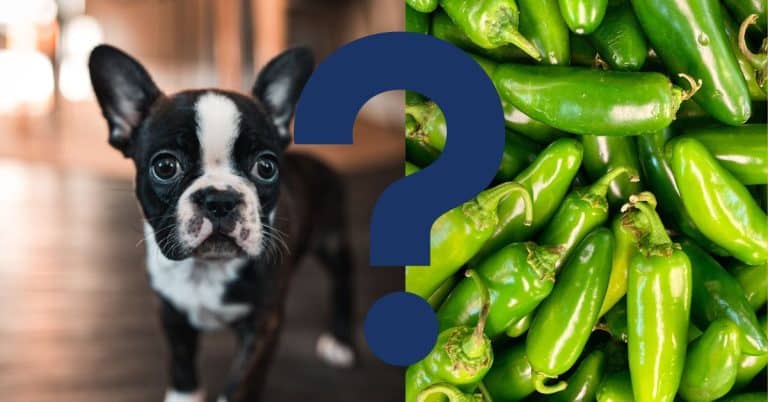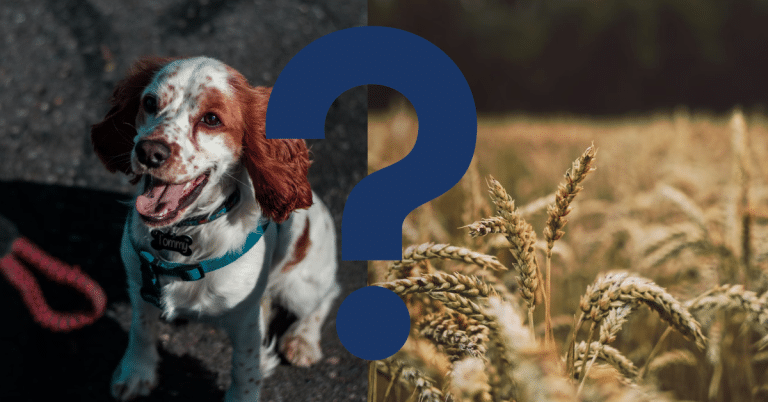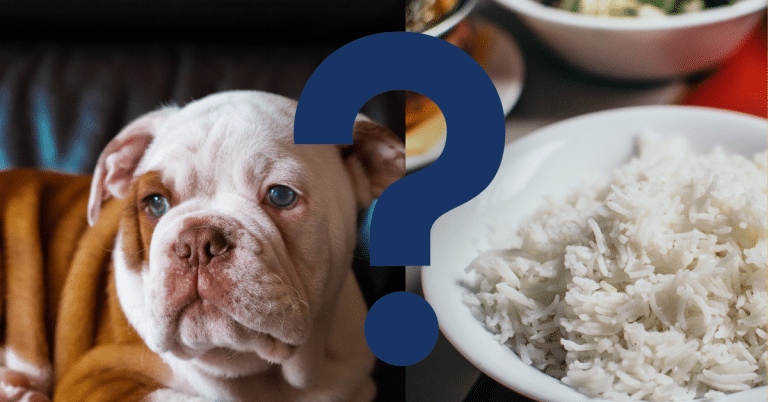Can Dogs Eat Maple Syrup? A Vet’s Opinion

Maple syrup is a naturally sweetened syrup derived from the sap of sugar maple trees. But can you feed maple syrup to your dog?
Dogs shouldn’t consume maple syrup, period. Sugar-rich maple syrup can cause weight gain, dental problems, and possibly diabetes in dogs. Some syrups’ additional sugars and synthetic ingredients may harm dogs’ health. It could result in pancreatitis or stomach distress if consumed in high doses. Stick to a balanced and suitable dog diet instead of offering dogs sugary or artificially sweetened foods, including maple syrup. Consult a veterinarian if you think your dog may have ingested something toxic.
Benefits of maple syrup for dogs
There are no particular health benefits to giving maple syrup to dogs. However, there may be a few instances where a small amount of maple syrup can be used for specific purposes:
Appetite Stimulant
Some dogs’ appetites may be suppressed owing to illness or medication. In rare situations, a tiny amount of maple syrup may be used to encourage feeding, but only under the supervision of a veterinarian.
Masking Medication Taste
If your dog must take medication they dislike, a small amount of maple syrup may cover the taste. Always consult with your veterinarian first.
Despite these unusual and particular circumstances, it is crucial to remember that maple syrup shouldn’t be a regular part of a dog’s diet and should only be used in very specialized circumstances. There are healthier and safer alternatives to treat dog hunger problems or give them medication. Before adding any new foods or supplements to your dog’s diet, always seek the advice of a veterinarian.

How to safely give maple syrup to dogs
Given its high sugar level and lack of nutritional value, it is typically advisable to avoid providing maple syrup to dogs. However, there may be a few unusual circumstances in which it is necessary or acceptable. If you must offer maple syrup to your dog, abide by these instructions to do it safely:
Moderation Is Important
Use maple syrup sparingly and just as an occasional pleasure. The right amount will depend on how tiny your dog is. A modest sample should be sufficient.
Pure, Refined Maple Syrup
Make sure the maple syrup is pure and devoid of artificial flavors or sweeteners. To ensure purity, check the ingredients list. Syrups containing xylitol should be avoided as it is harmful to dogs.
Consult Your Veterinarian
Before introducing any new food to your dog’s diet, mainly if it is for therapeutic or appetite-related reasons, speak with your veterinarian. They can offer safer options and advise you on the best action.
Keep In Mind Any Health Conditions Of Your Dog
If your dog has diabetes, is overweight, or has any other health condition, avoid using maple syrup because it can worsen things. It’s still preferable to avoid it, even for healthy dogs.
Treat-Dispensing Toys
Consider using treat-dispensing toys made especially for dogs if you use maple syrup to promote eating or give medication. These toys can be enhanced for your dog’s enjoyment by being filled with maple syrup or other treats.
Monitor For Allergic Reactions
If you’re giving your dog maple syrup for the first time, watch for any symptoms of allergic reactions or stomach problems. Stop administering maple syrup immediately if any negative responses happen, and then talk to your veterinarian.
Storage Techniques
Store the maple syrup securely and out of your dog’s reach. Your dog’s unsupervised access to the bottle could result in overconsumption and potential health problems.
Use For Training
For training purposes, use a little maple syrup as a treat and alternate it with healthier options like bite-sized pieces of lean meat or vegetables.
As a result, even though there are a few unusual situations in which you might think about giving your dog maple syrup, it is always wise to err on the side of caution and put their overall health and well-being first. When in doubt, speak with your pet’s doctor to decide the best action for your dog.
Will maple syrup make a dog sick?
Yes, there are several probable reasons why maple syrup could make a dog sick. Here are some ways that it may harm your health:
Excess Sugar
Maple syrup has a lot of sugar, so if a dog eats it, it could cause digestive problems, including vomiting and diarrhea.
Weight Gain And Obesity
Just like in humans, regular ingestion of maple syrup in dogs can result in weight gain and obesity.
Risk Of Diabetes
Dogs who consume too much sugar risk developing diabetes, particularly if they are genetically predisposed to the disease.
Pancreatitis
A severe and painful ailment in dogs, pancreatitis is an inflammation of the pancreas brought on by the high sugar content in maple syrup.
Toxic Additives
Xylitol, a highly poisonous artificial sweetener for dogs that can cause rapid insulin release, severe hypoglycemia, and even lethal consequences, may be present in some commercially available maple syrups.
Allergic Reactions
Dogs may have skin rashes, itching, and other allergy symptoms if allergic to specific maple syrup ingredients.
Digestive Distress
Some dogs’ sensitive digestive systems may not handle the richness of maple syrup well, resulting in discomfort and gastrointestinal distress.
Lack Of Nutritional Value
Regular ingestion of maple syrup might cause nutritional deficiencies because it lacks critical components that dogs require for a balanced diet.
Dental Issues
Tooth decay and gum disease in dogs are brought on by excessive sugar.
Disruption In A Balanced Diet
Dogs’ use of maple syrup may crowd out healthier food options, potentially resulting in an imbalanced diet.
It’s crucial to remember that these dangers primarily concern dogs who regularly consume large amounts of maple syrup. It’s usually wiser to steer clear of feeding maple syrup to dogs altogether and choose healthier treatment options specially developed for their nutritional needs. While a modest quantity as an occasional treat may not cause immediate harm in healthy dogs, giving dogs maple syrup is always risky. Seek immediate veterinary care if you believe your dog has consumed a sizable amount of maple syrup or if it displays any signs of distress after swallowing it.
Can dogs eat maple syrup variations?
No, varieties of maple syrup shouldn’t be given to dogs either. Variations of maple syrup, like those that are flavored or infused, could include other components like artificial flavors, sweeteners, or toxic additives for dogs. These variants frequently contain even more sugar than regular maple syrup, which can cause obesity, diabetes, and dental concerns in dogs, among other health problems.
Additionally, certain flavored syrups could contain ingredients like xylitol, which is highly poisonous to dogs and can result in life-threatening hypoglycemia. Before giving your dog any maple syrup, always read the ingredients list to ensure no potentially dangerous additives.
Giving dogs sugary or artificially sweetened meals, including maple syrup derivatives, is generally not advised. Instead, give your dog a balanced and adequate diet that satisfies its unique dietary requirements. There are goodies made exclusively for dogs that are available on the market if you want to spoil your dog. Ask your veterinarian if you need help determining whether treats are safe for your pet.

Vet’s Summary
The article explains that while dogs can technically take tiny amounts of natural maple syrup on rare occasions due to its low nutritional value and high sugar content, it is not advised. Maple syrup can potentially cause several health problems in dogs, including pancreatitis, diabetes, weight gain, and dental disorders. In addition, flavors or infusions of maple syrup could include poisonous fillers or artificial sweeteners like xylitol, which can be deadly to dogs. Overall, the message is that dogs should not consume maple syrup in any form and should instead select better treatment options.
Recommendation for probiotic supplements: Instead of offering your dog maple syrup, consider giving them probiotic vitamins to help their overall health and digestive well-being. Dogs may benefit from probiotics since they assist their digestive systems and gut health. These supplements include good bacteria that support digestion, maintain a balanced gut flora, and strengthen the immune system. Always talk to your vet before beginning any new supplement regimen for your dog because they can advise you on the right probiotic product and dose depending on your pet’s requirements and health status. A healthy diet, frequent exercise, and probiotic supplements can improve your dog’s general well-being and make them happier and healthier.
Videos to watch
If you are wondering if you can give maple syrup to your dog, watch this:
And if you want to know what a dog can NOT eat, watch this:






